Post
A catch
Save a catch to start your fishing logbook. You will be able to to share it with the community if yo want!
A fishing trip
Post an ad to go fishing with other fishermen
Save a catch to start your fishing logbook. You will be able to to share it with the community if yo want!
Post an ad to go fishing with other fishermen
Share a thought, a question with the community
My favorite cities
×Join our 1 fisherman in Melbourne in Marshall. The fishing forecast is currently 2.1. The most caught fishes here are the spotted seatrout, the arctic grayling, the channel catfish and the lake trout. Come try the most famous fishing techniques like the deep-sea fishing, trolling for bonito, fishing bream from a dock or jetty or bass trolling.
Our fishing forecast of Melbourne indicates the best time to go fishing in this city.
The Spotted Seatrout
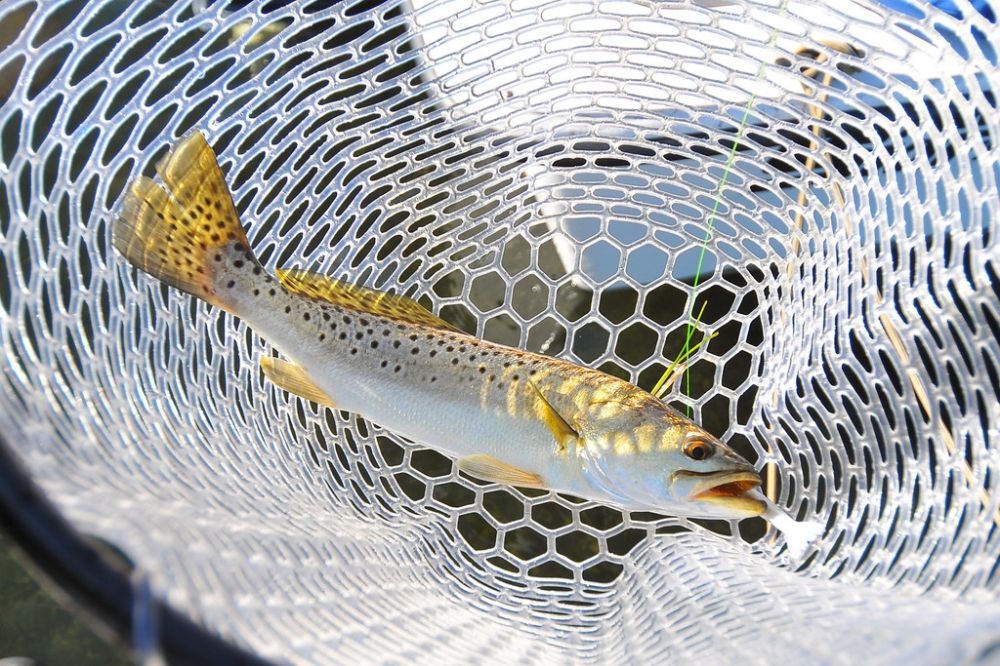
The Spotted Seatrout belongs to the Scianidae family. Spotted sea trout reach a maximum length of 100 cm and a maximum weight of 7.9 kg. The lifespan of this species is 8 to 10 years. It breeds from March to September. It can be fished all year round. The spotted seatrout has an elongated, somewhat compressed body with a slightly elevated back. The head is long with a pointed snout and a large oblique mouth. The dorsal fin is continuous or slightly separated. The fins are flake-free, with the exception of 1 to 10 rows of small scales at the base of the dorsal and anal fins. The lateral line extends over the tail, characteristic of all Sciaenidae. The body of the spotted seatrout is silvery with irregular black spots on the upper half, from the dorsal fin to the caudal fin. The dorsal side is dark grey with bluish reflections while the ventral side is silvery to white. The dorsal fin is dark, while the others are yellowish.
The Spotted Seatrout is a famous fish you can catch in Melbourne.The Arctic Grayling
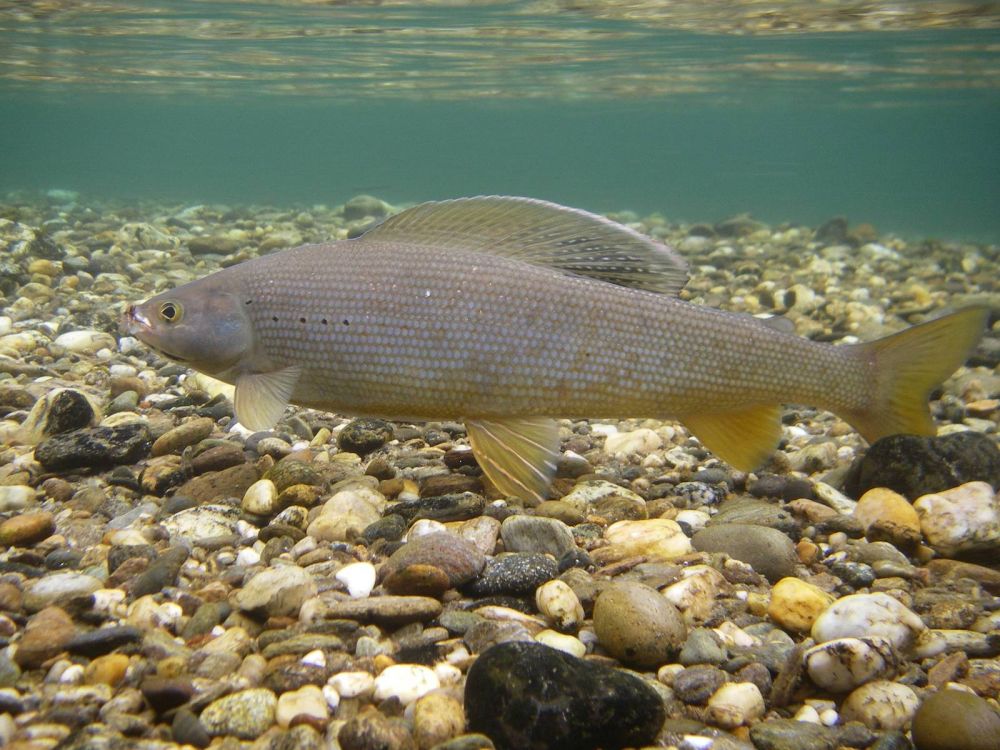
The Arctic Grayling belongs to the Salmonidae Family. The Arctic shade can reach a length of about 24 cm long and weighs about 3 kg. He can live to be 18 years old. It breeds in the spring and lays thousands of eggs. It can be fished all year round. Coloring may vary depending on the location. The dorsal fin is usually bordered red and dotted with large iridescent red, turquoise, purple or purple spots and marks. Back marks are more evident on the large shadows. The back of the Arctic shadow is generally dark. The sides can be in black, silver, gold, or blue. Gold markings sometimes form a border between the hips and the belly, while pelvic fins can be orange, red or pink. The sides and head can be freckles with black spots. The eye of the iris is often the color of gold.
The Arctic Grayling is a famous fish you can catch in Melbourne.The Channel Catfish
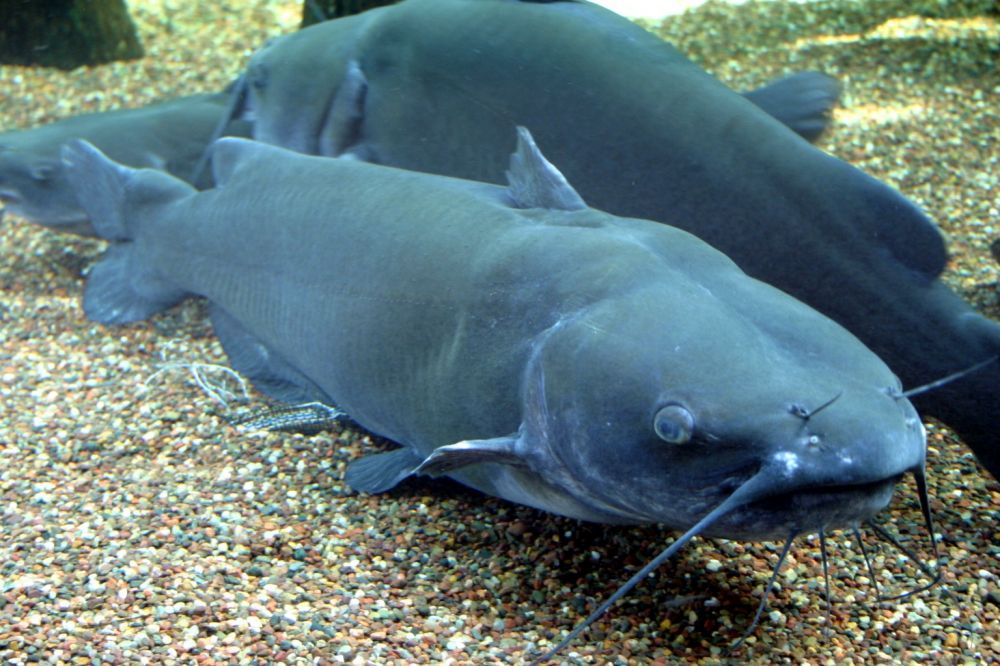
The Channel Catfish belongs to the Ictaluridae family. adults often weigh between 40 and 60 cm. The maximum weight recorded is 26.3 kg. It has a life span of 15 years. It breeds from May to July. The ideal time to fish them is from March to May, before the breeding season. The body is elongated and flattened. The eyes are small and the mouth is lesser. They have eight sensory barbells, or "whiskers", around their mouths. Four whiskers are on the chin, two on the muzzle and one at both corners of the mouth. The tail is deeply forked with the edge of the rounded anal fin. The adult color is pale grey to olive on the back and white to yellowish on the belly. The young are generally light grey at the back and silvery on the sides. The sides have scattered dark spots.
The Channel Catfish is a famous fish you can catch in Melbourne.The Lake trout
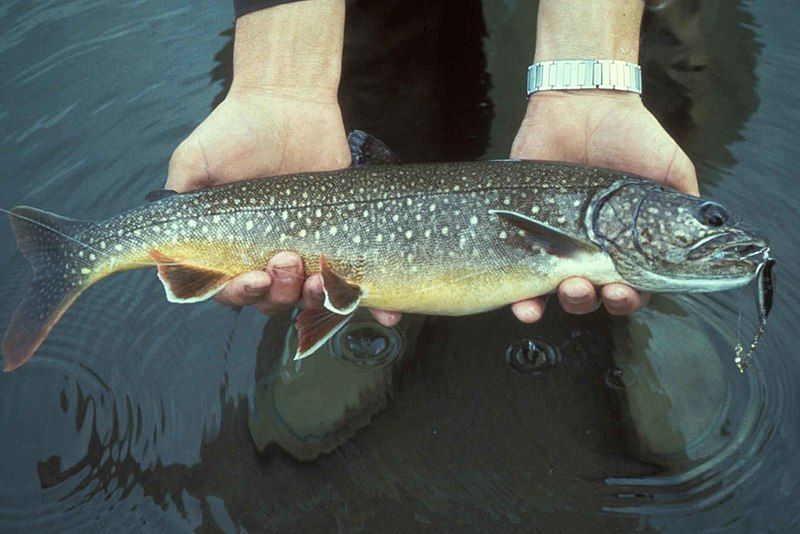
The Lake trout belongs to the Salmonidae family. The average size is 68 cm for 3 kg. It has a lifespan of 12 years. It spawns in fall. It can be fished all year round. Lake trout have a deeply forked caudal fin and a slate-grey to greenish grey body with a lighter underside. Cream to yellow spots are usually present on the head, body, dorsal and caudal fins. Lower fins are orange-red with a narrow white edge. Younger fish will have between seven and twelve marks of broken parr along their sides. The species supports nine to twelve gills and, unlike its cousin the brook trout (Salvelinus fontinalis), lake trout do not have a black band on the front edge of their anal and pelvic fins. Breeding males develop a dark lateral band on their sides.
The Lake trout is a famous fish you can catch in Melbourne.The Blueback herring
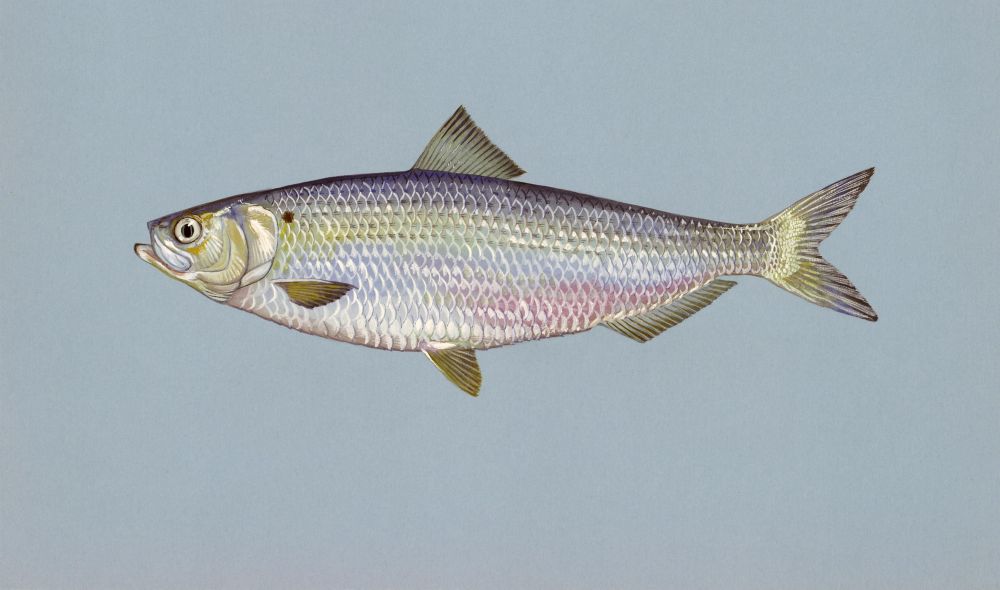
The Blueback Herring belongs to the Clupeidae Family. They reach a maximum size of about 40 centimeters and are assumed to live up to 8 years. They spawn from mid-March to the end of May. The Blueback herring can be fished all year round. These fish are silvery in color, have a series of scutes along their bellies and are characterized by a deep blue-green back. What distinguish this fish the most from other species is the black to dark color of its peritoneum (the mucous membrane of the abdominal cavity). It is one of the "distinctive" North American shads. They are often confused with alewives because it is difficult to differentiate between blue shad and alewife and, together, these two species are often considered collectively as "river herring". Female have larger eyes, greater body depth and a pearl to peritoneal white lining.
The Blueback herring is a famous fish you can catch in Melbourne.Our fishing forecast of Melbourne indicates the best time to go fishing in this city.
Our fishing forecast of Melbourne indicates the best time to go fishing in this city.
Our fishing forecast of Melbourne indicates the best time to go fishing in this city.
